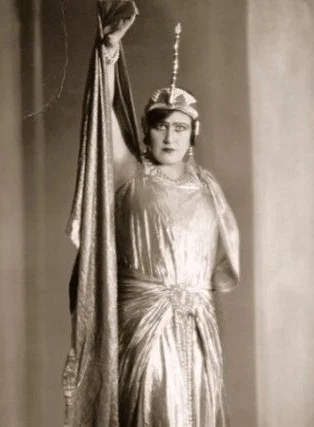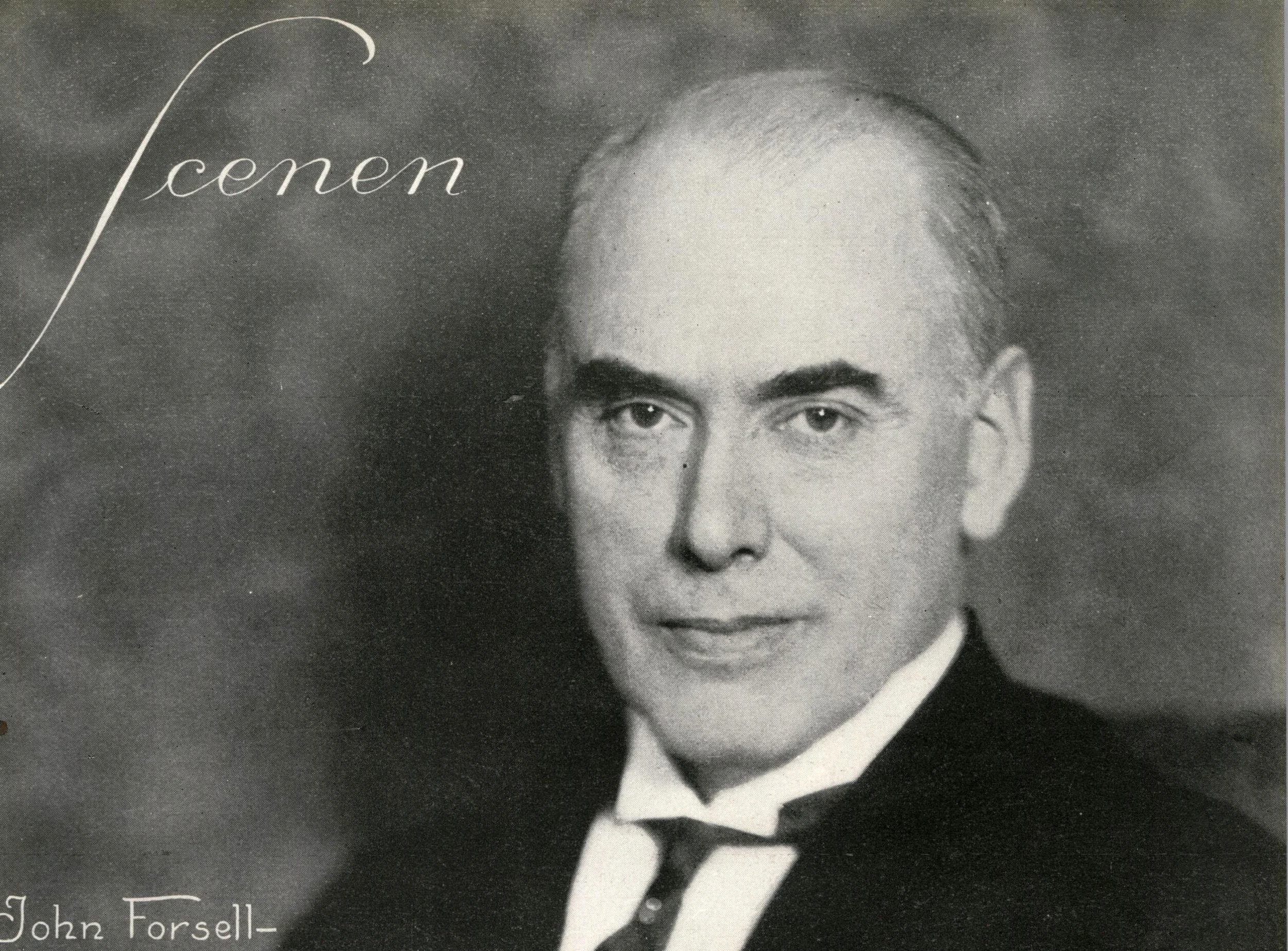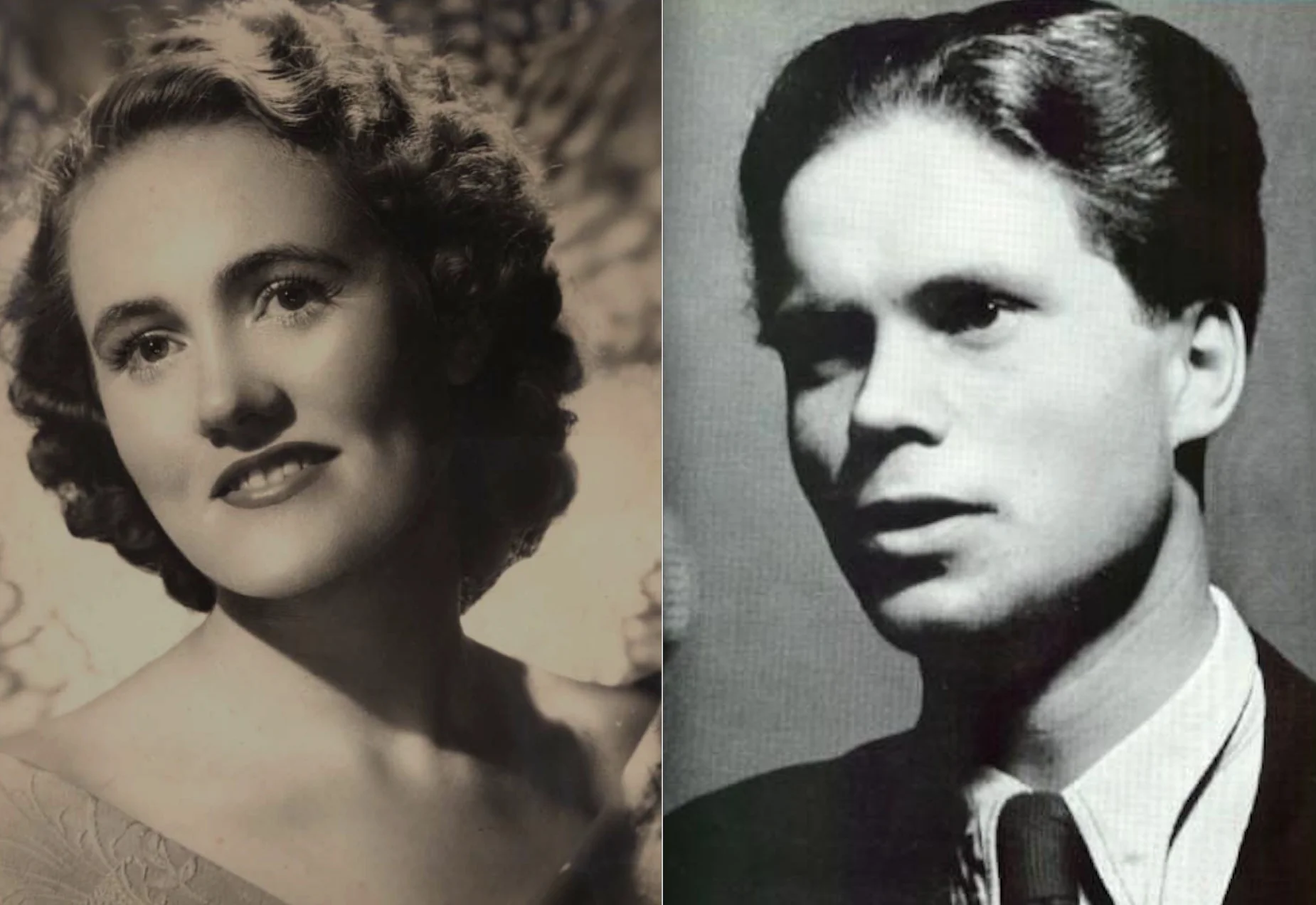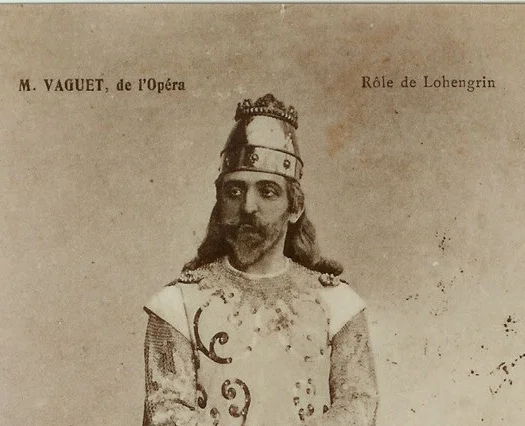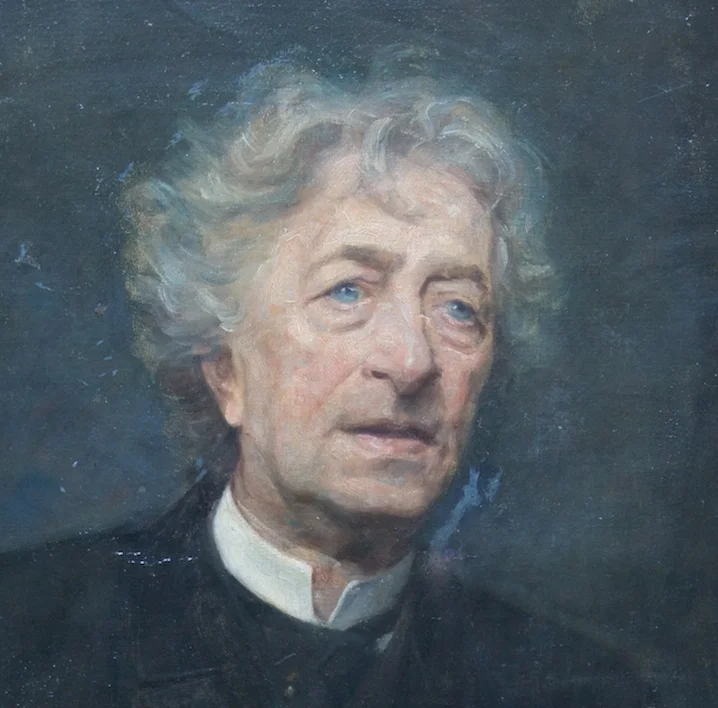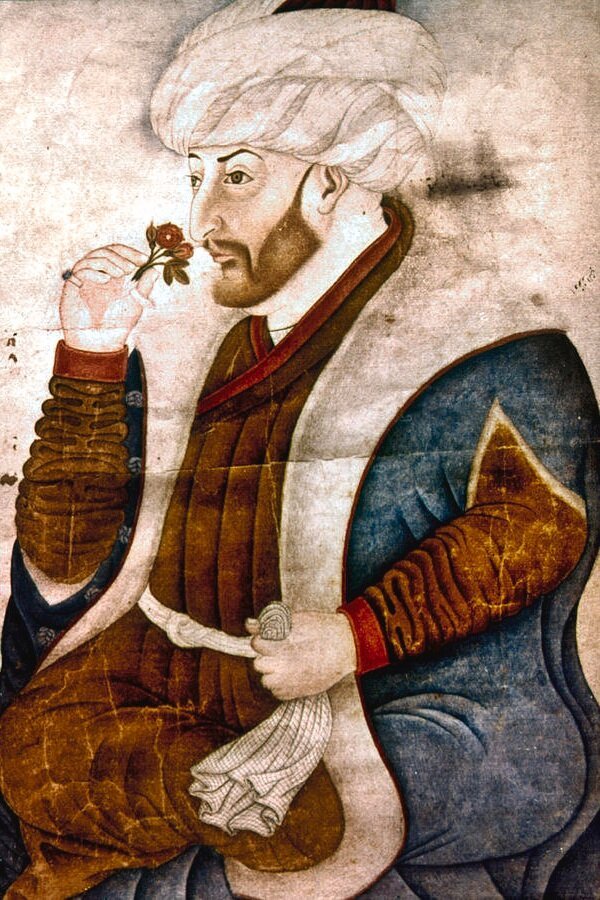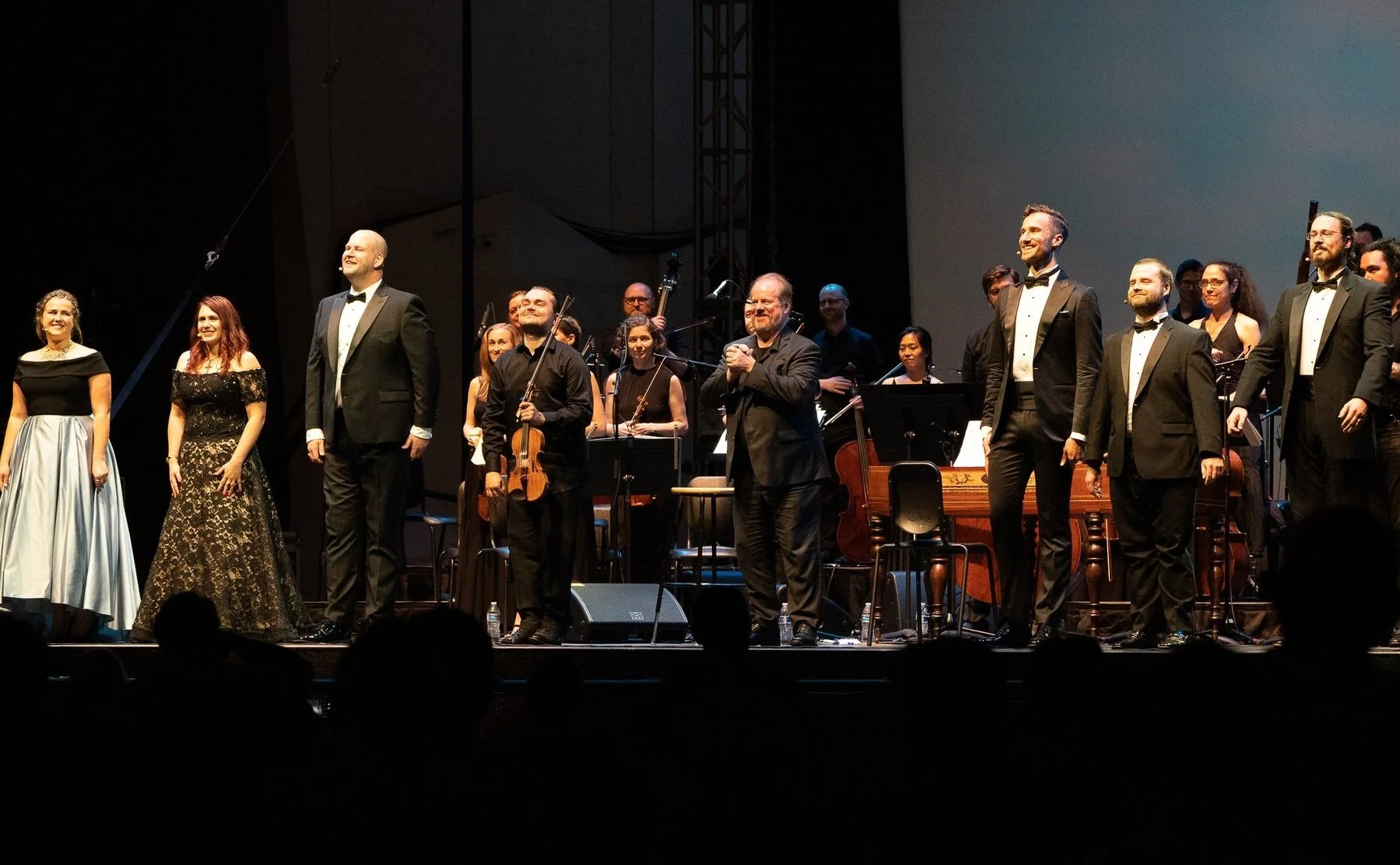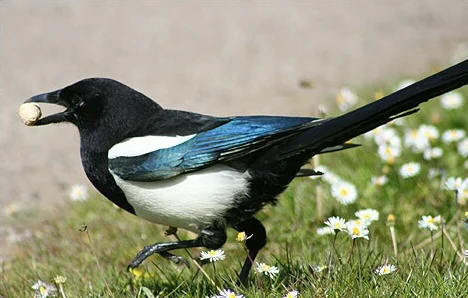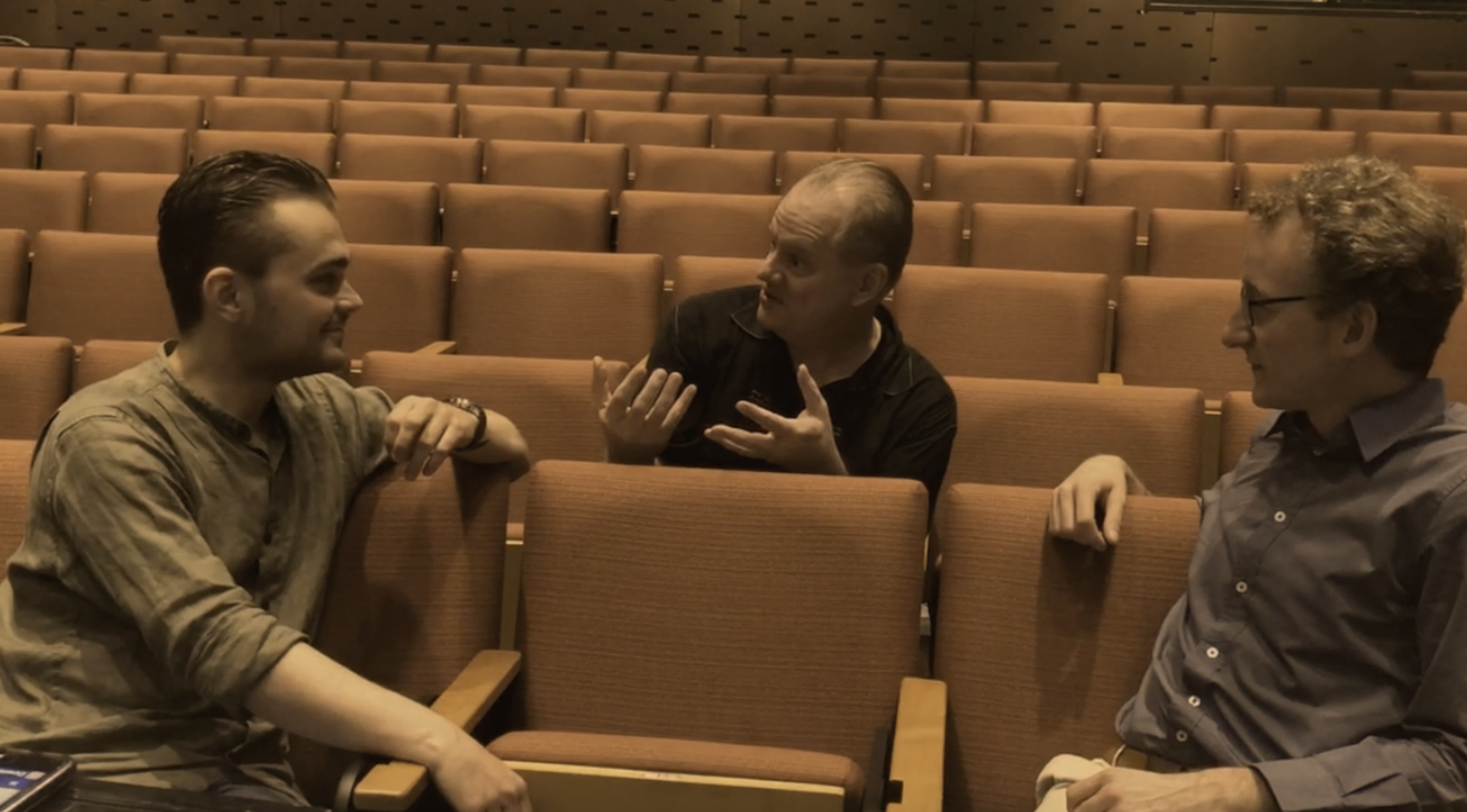Will Crutchfield on the establishment of Teatro Nuovo (2018)
Elsewhere on this site you’ll find information about what our young organization has been doing and plans to do. I’m adding here a personal note about my reasons for putting it together.
By lucky chance, I live a kind of double life in opera. Half of it is about editing scores from old manuscripts, studying recordings made a century ago, and searching for documents of performing style still farther in the past. The other half has been spent rehearsing and conducting hundreds of performances in the here and now.
On the research side, this means learning about an Italian operatic world that empowered individual artists across the whole range of music-making. On the practical side, it means working in a system whose division of labor has become much more specialized and segregated.
What I’m looking for now is a way to break down some of that segregation.
***
Specialization had to happen as opera became more complex, and nobody would want to live without its complex late masterpieces, from Die Frau ohne Schatten to Wozzeck to Peter Grimes, Dialogues of the Carmelites, and Nixon in China. Those are all operas I love. They wouldn’t function without a stage director to define the big picture and everyone’s place in it; their orchestration and musical complications need all the resources of modern conducting technique; the singers have their hands full learning the written notes and rhythms, and no need or chance to invent any. Those are a few aspects of the “division of labor” I’m talking about.
At the far end of opera’s long story, everything was looser. Composers wrote scores, but scores contained only a few of the notes the audience would hear. Other composers had no trouble adding pieces to them. Continuo players invented well over half of the accompaniment. A lot of “orchestration” was a matter of “who’s here?” Singers took the written lines as the merest starting point for a personal language of improvisation that was an art-form in itself. Instead of stage direction and conducting, the guides were a living and evolving tradition of drama and music. The end result was reached by throwing of a lot of individual energies together to strike sparks off one another.
Through four centuries of history, all these elements were in a constantly shifting balance, but the process definitely led in one direction, towards centralized coordination. And since we still perform so many works from earlier in that progression – especially, since we have started reviving even more of them – there is a lot to be said for understanding how opera worked when it was less centralized.
I was already thinking somewhat along these lines when I started “Bel Canto at Caramoor” over twenty years ago. The experience of those years, there and elsewhere, made me eager to design a new and more radical program. The whole world has learned a lot more about Bel Canto opera since then, and my team and I have learned a lot more about what brings it to life.
One thing stands out: the creative potential of each musician is an underdeveloped resource in our mainstream style. I think there’s a next step ready to be taken.
To speak from my own work: I like the creativity of writing ornaments for singers, but like even more teaching singers how to write (or even improvise) their own. I like guiding an orchestra to fit the interpretation happening on the stage, but like even more helping an orchestra understand what’s going on there, so they can listen to it the way quartet players listen to each other. I like helping singers understand the orchestral score – sometimes to lead it. I enjoy finding out what different creative personalities might do with the tool-kit of improvisation, and enjoy hearing the ideas that percolate from within the orchestra – especially when I hear something good that I hadn’t thought of before. I’m not sure all conductors feel this way, but I know many of us would agree: the most exciting moments are when you feel like you have nothing to do, because everybody is sensing the impulses of everybody else and it’s working.
Teatro Nuovo is about making more of those moments.
It’s not simple, because we’re talking about idioms, habits, and styles that aren’t floating around in the Zeitgeist for everybody to absorb unconsciously the way they may have done long ago. There’s a lot that has to be learned. If a roomful of musicians doesn’t share enough perspectives in common, their musicalities might not mesh – they might produce chaos, or they might average everything out to blandness just to stay safe. And if more responsibility is to be spread around to individuals, there are skill-sets that have to be mastered.
The whole Early Music movement has grasped many of these same points, and given us some stimulating models for exploration. However, in my view that community has also gone in very questionable directions with the use of the human voice. A big influence on my perspective has been lifelong fascination with ancient recordings, made by people who had never experienced recording as a fact of life or heard any kind of amplified voice. People who lived in the environment shared by all their predecessors back to prehistoric times, but shared by nobody living today. I think they offer a key to understanding vocalism’s history before 1900, and how it links up with the best-loved opera singing that came after.
***
We sometimes complain about the role of scholarship and history in our business, but the fact is we need them. This stuff is old. It’s not of our time and place. If we love it and want to make it new and share it, we have to love its traditions and the surprises of exploring them. To be open to the newness of the old. That’s my interpretation of Verdi’s famous injunction “tornate all’antico, e sarà un progresso” (“return to the past, and it will be progress”). He wasn’t trying to turn back the clock – that doesn’t work. He was talking about going to the roots of your tradition to re-learn things that might have fallen by the wayside, and use them to inspire the way forward. “Progresso” is just as important in his maxim as “antico.”
The world has already made a collective decision – through ticket sales, enthusiasm, fandom, academic interest, you name it – that the Italian operatic tradition is valuable in the present and worth transmitting to the future. Even though it’s old, based on pre-technological sounds, sometimes reflective of outgrown societal values, etcetera. That’s the antico part.
What I would like to see next is a boost in the virtuosity, improvisatory skill, particular techniques, musical comprehension, and creativity that underpin the tradition – and an expansion of the chance for those things to strike sparks. Skill, plus the leeway to use it – that's what awakens the human element of musicality, which is always new with each new human joining the party. That’s the progresso part, and that’s why Teatro Nuovo exists.
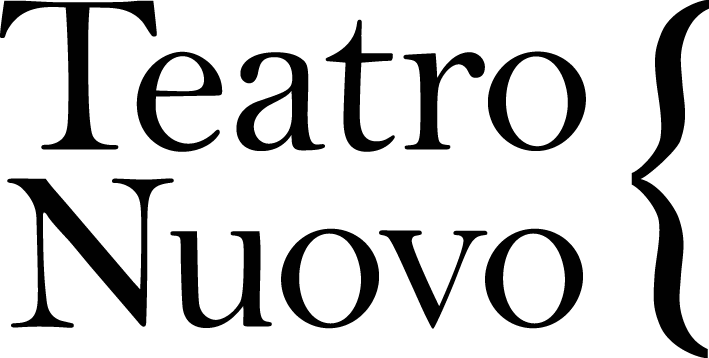




![Image 2 - Henry T. [Harry] Burleigh - Detroit Public Library.jpeg](https://images.squarespace-cdn.com/content/v1/596bb4e703596e837b624445/1591713684327-N7HW488JSZ7EN8T5AJSR/Image+2+-+Henry+T.+%5BHarry%5D+Burleigh+-+Detroit+Public+Library.jpeg)







